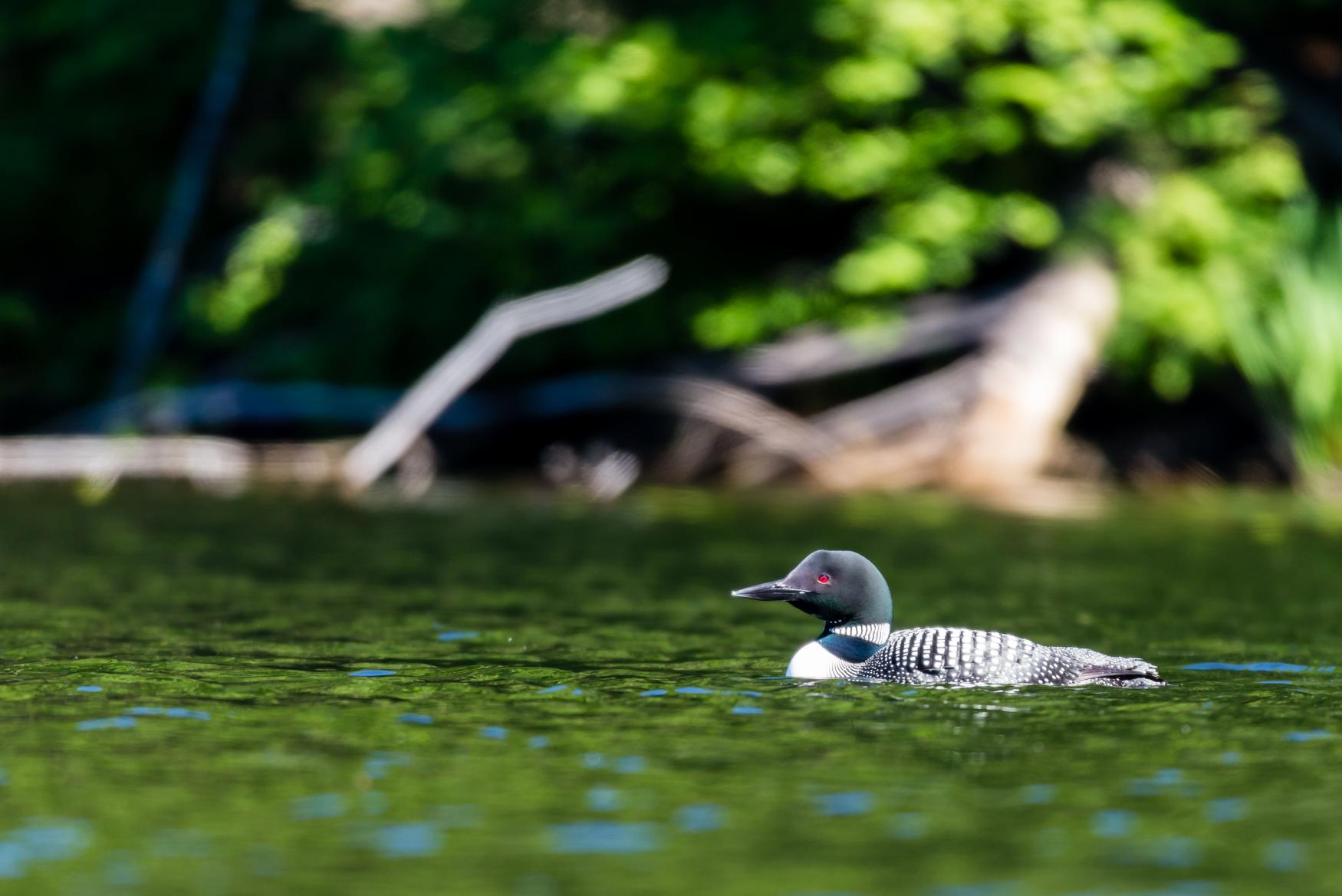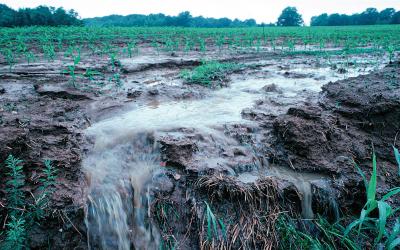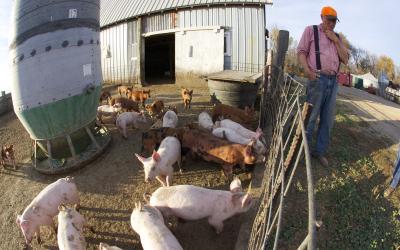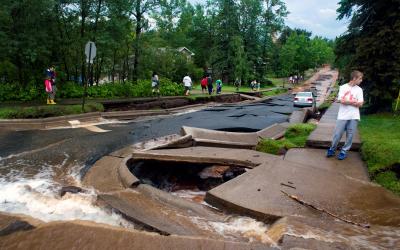State agencies report less seasonal ice cover in winter and earlier ice-out dates along with decreases in cold-water fish and increases in species that thrive in warmer water.
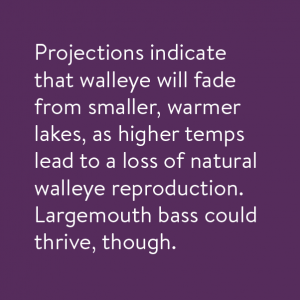
Some fish species need cold water to survive and thrive. The thick ice cover on Minnesota’s lakes formed during extended periods of winter cold plays an important role in ensuring they have a suitable habitat. The ice reflects solar radiation, preventing heating, and it reduces water loss through evaporation.
As Minnesota has warmed by nearly 3°F over the last century, our winters are becoming milder and our lake ice season has shortened. Lake Osakis – an average-sized lake in central Minnesota – experiences ice-out (when a lake’s ice has fully melted in the spring), more than a week earlier now than it did in the 1940s. Ice loss has been accelerating in recent decades, and the State Climatology Office estimates some lakes now lose up to four days of ice every ten years.
According to the Department of Natural Resources, our warming climate is going to be hard on cold-water fish like cisco (also known as tullibee and lake herring). Over the last few decades, cisco habitat has shrunk considerably, from 650 lakes to just about 176 lakes in Minnesota.
With fewer cisco, the intricate web of relationships that make up lake food chains are disrupted. Cisco are a key food source for loons and other fish like muskie (muskellunge) and northern pike as well as walleye, a culturally important food for Tribal Nations in Minnesota.
Even a few degrees difference can wreak havoc on lake ecology. Warmer temperatures can kill cold-water fish like cisco, but they also stress cool-water native fish species like walleye. The lake where you fished with your grandfather may not sustain walleye anymore. Where walleye struggle to reproduce, largemouth bass are starting to take over.
More information: Impacts of climate change (DNR)
